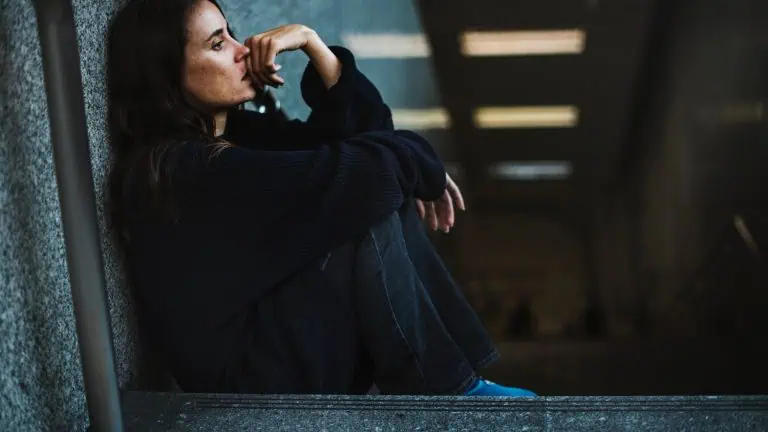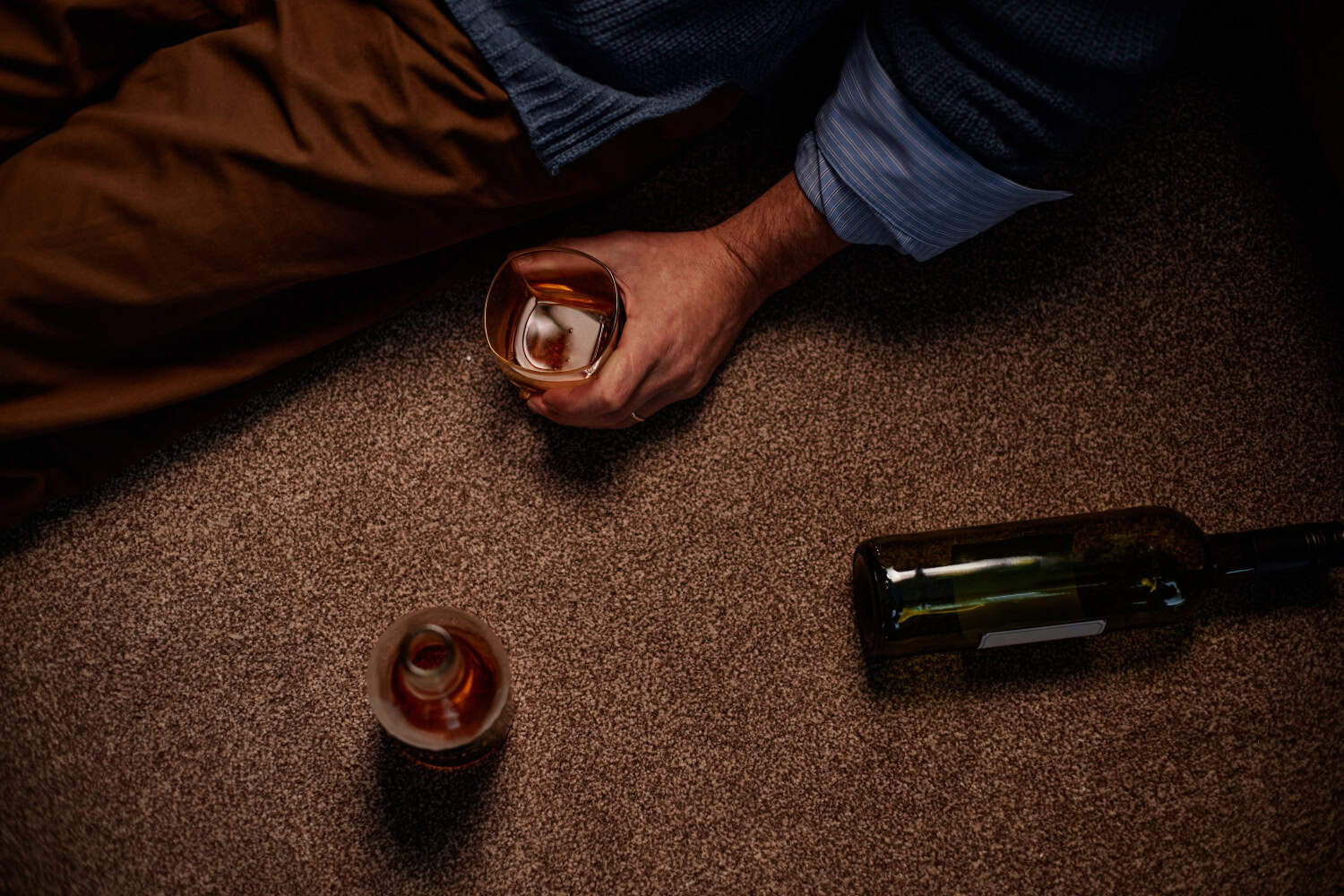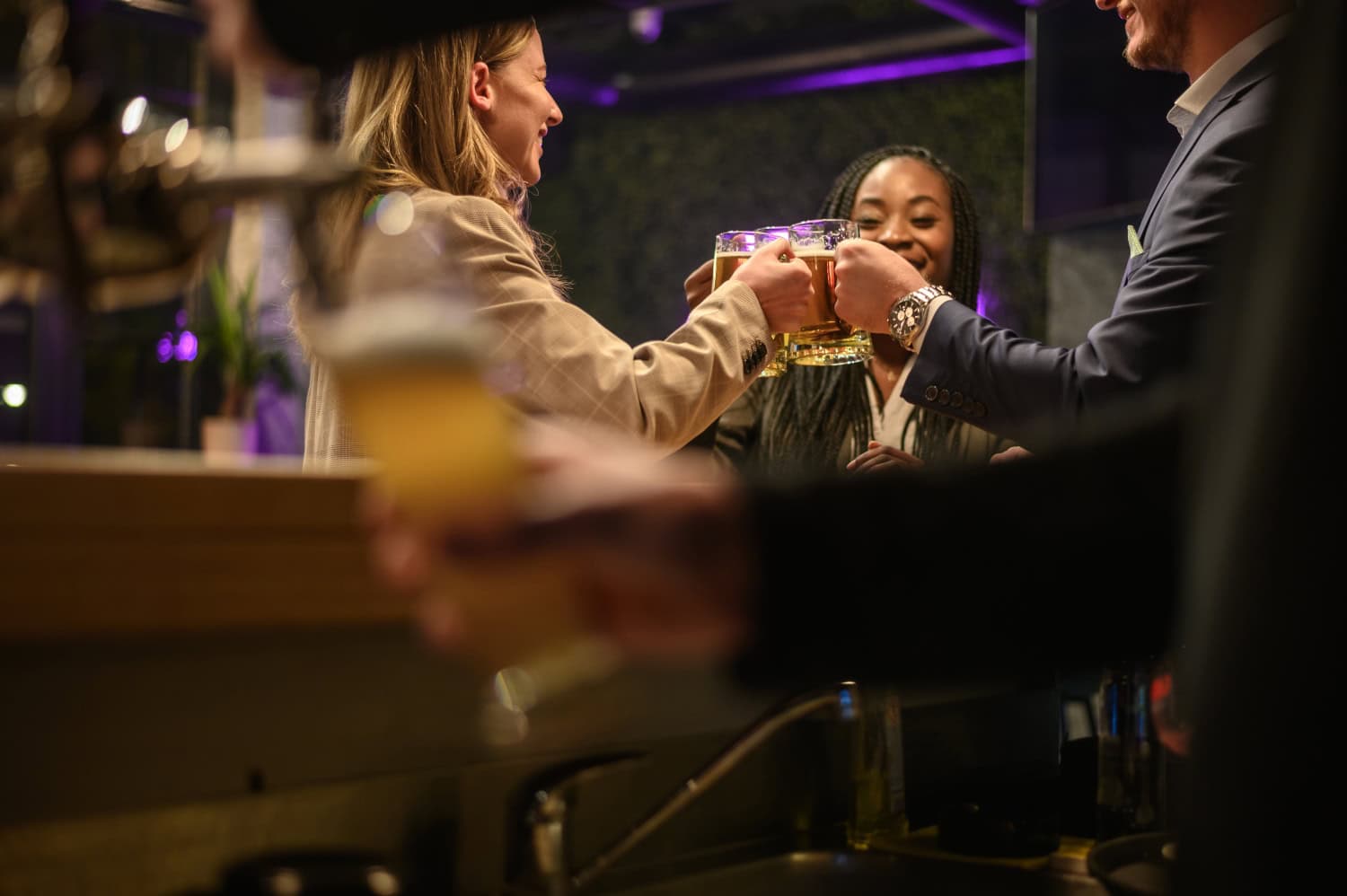
I still remember the moment I realized I was in over my head with my “casual” coke use.
Curious about party drugs, I had been introduced to cocaine earlier that year by a girlfriend. We’d had a fun summer clubbing, going to music festivals and partying all night long…week after week after week.
But there was a pivotal moment where I looked around me and thought, “This is not the life I want to be living. These are not the friends I need. I have got to find a way out of this.”
While this is my personal experience, my story isn’t unique. In fact, it’s a scenario that happens to many people who start off experimenting with recreational drugs or alcohol. Most people start off with a sense of curiosity, fun and feeling like they are in total control—only to find themselves somewhere they never expected to be.
To truly understand how recreational drug and alcohol use can turn into dependence or addiction, we have to look deeper at the effect drugs have on the brain and the body.
Understanding recreational drug use and addiction
People who haven’t experienced using—and liking—drugs often don’t understand how or why someone could become addicted. Maybe they see it as a matter of willpower or moral principle, and believe that anyone who wants to stop should just choose to do so.
I’d love to tell you that I simply stopped using and never looked back, but if you’re reading this, there’s a good chance you know most things related to drug use are never that clean and easy.
You see, like most people who start using drugs recreationally, “I could handle it”. I knew that casual recreational drug use could develop into dependence and addiction, but that wasn’t going to happen to me. What I didn’t realize was that by repeatedly using coke, I was changing my brain’s reward system.
Drug addiction is a very complex disease, and being able to “just quit” takes more than strong willpower or good intentions. Obviously, not all recreational users become addicted, but there’s a fine line to walk with certain drugs and the risk factors involved.
What happens to your brain when you use drugs?
Drugs and alcohol produce the chemical dopamine, also known as the “feel-good pleasure drug”, in the brain. When you use drugs, you’re training your brain to crave the dopamine hits it gets from the high. These pushes make it incredibly hard to quit, even if you want to.
The more you use, your brain starts to naturally produce less and less. This leads the user to chase the dopamine rush that using brings, resulting in increased use just to feel good. Over time, your body builds up a tolerance and needs larger and larger amounts of drugs or alcohol to feel the high.
Meanwhile, your brain has conditioned itself to respond to the triggers of your substance abuse, like the smell of weed, the click of ice cubes in a glass or looking at any kind of drug paraphernalia, which makes you instantly want to use again.
We’re here to help.
Contact us today for a no-obligation conversation with one of our professionals.
Can gateway drugs lead to addiction?

Most people have heard of the gateway drug theory, that by using one substance, you’re more likely to start using other, stronger and harder drugs. There is, in fact, a lot of scientific evidence to support the probability of this happening, and it shows how recreational use can lead to addiction.
These “gateway” substances—often used socially by teens and young adults—are usually just a way to have fun. Unfortunately, recreational drug use can lead to trying more dangerous drugs and a substance abuse problem or addiction.
Some common “gateway” drugs include:
Marijuana
Studies show that kids, teens and young adults who use marijuana are 85 times more likely to use cocaine, and 60% of those age 15 and younger who smoke weed will move on to using cocaine.
Alcohol
Those who tried alcohol before the age of 18 are 50 times more likely to use cocaine and six times more likely to become a regular cocaine user later in life.
Nicotine
Smoking or using any type of nicotine primes the brain for an increased response to cocaine. Children who smoke are 19 times more likely to use cocaine than those who never smoked.
Prescription stimulants
Popular stimulant medications like Ritalin and Adderall are often abused by people who want to stay awake, enhance their academic performance or feel a little high.
Prescription opioids
A study by the National Institute on Drug Abuse found that those who use opioids (nonmedically) are 19 times more likely to use heroin. In fact, over the past few decades, 80% of people started using heroin after abusing opioids such as Vicodin or OxyContin.
Over-the-counter (OTC) drugs
A study of nearly 8,000 eighth-grade students revealed that those who had abused over-the-counter cough and cold medications went on to abuse a variety of other illegal drugs: 31% ecstasy, 31% hallucinogens, 48.3% sedatives, 56.2% pain relievers, 25.4% heroin and 32.5% either crack or cocaine.
While so-called “gateway drugs” have proven to be addictive themselves, these seemingly harmless substances can also lead someone to start using more addictive and destructive drugs as they keep chasing that high, often with deadly consequences.
How does recreational drug use turn into addiction?

In general, most addictions progress through the same five-to-six-step process.
1. Experimentation
The first step is when someone tries drugs or alcohol for the first time. Their experimentation is usually based around curiosity, peer pressure, or dealing with anxiety, depression, or typical insecurities. For me, this was when I was at a party and my girlfriend asked if I’d like a bump. Out of curiosity, I said yes, and it was off to the races.
2. Recreation
Now is when drug or alcohol use becomes more frequent. You party on the weekends or a few times a month at places where drugs are readily available. It’s purely for fun, and there aren’t any negative consequences.
3. Regular use
At this point, drug or alcohol use is a part of your everyday life, and you’re starting to feel the harmful and detrimental effects on your life. Maybe you’ve failed a drug test, driven while under the influence and gotten a DUI or DWI or perhaps you’ve even been caught carrying drugs. Whatever it is, this isn’t under your control anymore.
4. Risky use/abuse
Despite severe consequences and risks of poor job performance, failing classes, damaging your social status or romantic relationships, you continue to use drugs or alcohol. Reaching this step indicates that your substance use is at a major risk.
5. Dependence
You’ve lost what little control you thought you had, and drugs or alcohol have taken significant control of your life. You may or may not show up for work if you still have a job, and your friendships are probably limited to other users. Your body is physically dependent on using and you crave an endless supply.
6. Addiction/substance use disorder
At this stage, you’re going to do whatever it takes to get your supply of drugs or alcohol, regardless of the consequences. You’re no longer just seeking a high, but also trying to avoid withdrawal symptoms.
The good news is, people can and do recover at every stage. I should know, because I’ve lived it. While I caught the pattern and halted it somewhere between stages 2 and 3, it could’ve easily kept going. I had to cut off the relationship and surround myself with sober, supportive people who were leading healthy lives. In short, I needed to reset my brain and body again.
How Centres for Health and Healing can help you recover

It can be quite a shock to realize that what started off as a fun party vibe on the weekends is now in total control of your life. While you might have started using drugs or alcohol out of curiosity, sometimes just that recreational use can put someone on the path to addiction.
At Centres for Health and Healing, we know that recreational use is dangerous, no matter the substance. Our individualized drug and alcohol treatment programs combine medical detox, evidence-based therapies, and holistic care to treat both the substance use as well as the underlying emotional and psychological factors driving it, including trauma, any co-occurring mental health disorders and other types of adversity.
If you or a loved one has developed a dependence or addiction through recreational drug or alcohol use, contact us to speak to a team member about how addiction treatment can work for you or your loved one.
I’ll never forget the night I knew my life was slipping out of control. The truth is, that moment became a turning point for me, and it can be for you too. You deserve a healthy future.
Contact us today to start the conversation. You don’t have to do this alone; we’re here for you.





